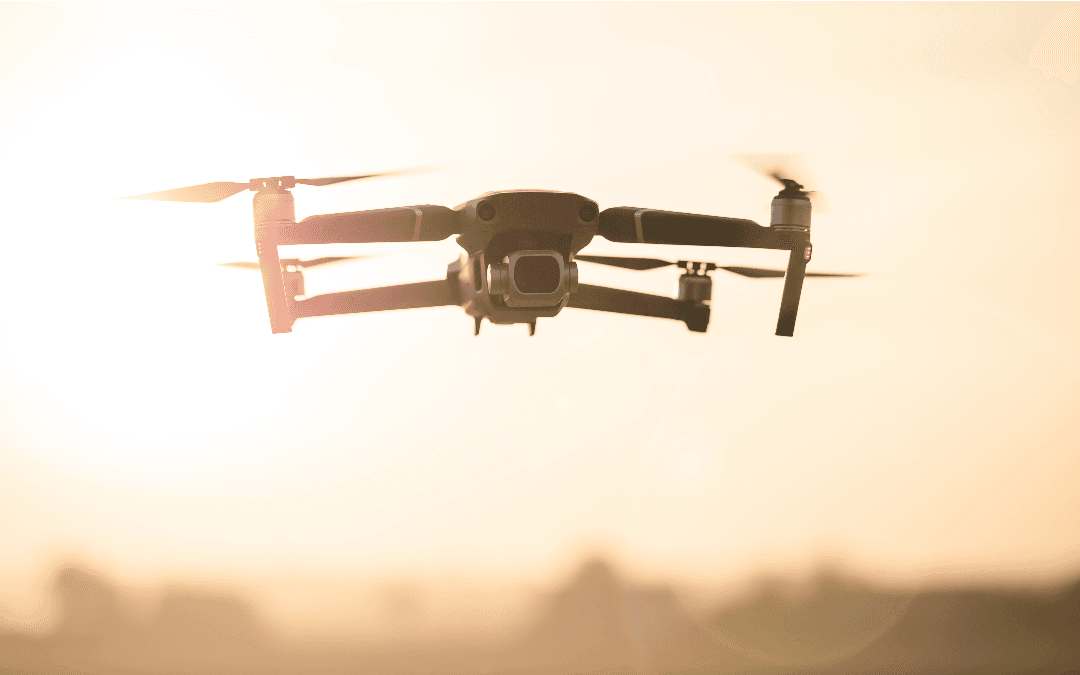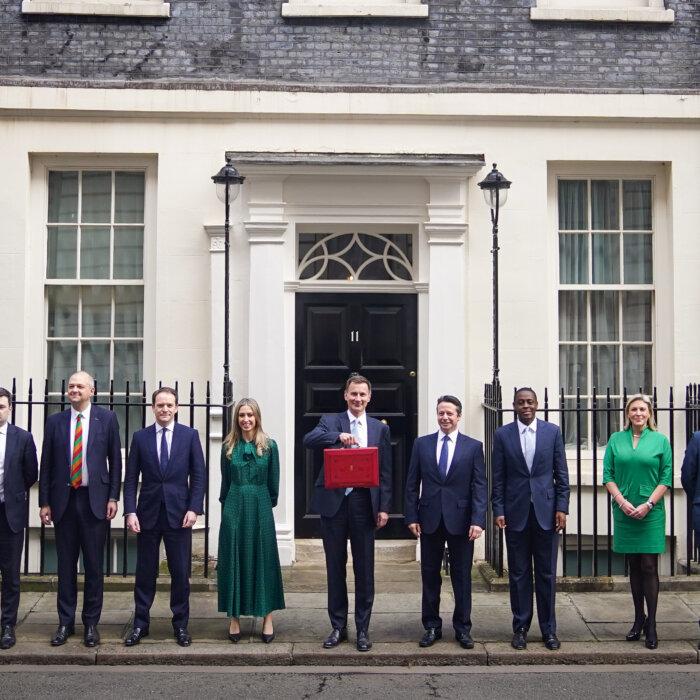A pilot scheme using drones as first responders could be rolled out across the country if a pilot scheme in Norfolk is successful.
Police forces in England and Wales already operate 400 drones but they can only be flown within the operator’s line of sight and are of limited use.
In November the National Police Chiefs’ Council (NPCC) unveiled plans to test the remote-controlled drones out in Norfolk and if Project Eagle X is successful the aim is for them to send back early information from accidents and other incidents.
Further trials are planned in Hampshire and by Thames Valley Police, which covers Berkshire, Buckinghamshire, and Oxfordshire.
Although details of Project Eagle X are not available, it is believed to involve the drone observing and filming the scene, rather than interacting with people.
The NPCC is working with officers in the United States, where similar trials have taken place in San Diego.
In 2018 the Chula Vista Police Department, near San Diego, trialled first responder drones and claimed they were a success, contributing to 20 arrests and enabling senior officers to take more well-informed decisions and manage resources better.
‘More Targeted and Efficient use of Resources’
Superintendent Taryn Evans, head of the NPCC’s drone programme, said in a statement emailed to The Epoch Times, “Drones already deliver significant support to front line policing, with forces across the UK using more than 400 of them to keep communities safe and help reduce crime.”“This technology allows policing to offer a more targeted and efficient use of resources and it is constantly evolving,” she added.
Ms. Evans said, “This summer we will start to trial the use of a drone as first responder (DFS) system. As part of this initiative, forces will benefit from a range of evolving systems which will enable them to launch drones autonomously from their control rooms and provide overhead situational awareness of incidents before ground responders arrive.”
Alan Pughsley, who worked on a Home Office-commissioned national review of policing productivity, said, “Technology can enable the acceleration of existing tasks, such as redacting documents for use in court, and provide less resource-intensive ways of delivering services.”
In November Jeremy Vaughan, chief constable of South Wales Police, was appointed to chair the NPCC’s new science and innovation committee.
Among the other innovations in policing being rolled out are facial recognition technology, which South Wales Police has used to identify 200 suspects a month, AI-driven administrative software which saved a detective 15 hours of work on an 800-page document, and digital fingerprint matching, which can speed up the process by three days.
The use of first time-saving technology is part of the government’s drive to improve police productivity.
In his speech on Wednesday, Mr. Hunt said: “The way to improve public services is not always more money or more people. We also need to run them more efficiently. We need a more productive state, not a bigger state.”
NPCC Chairman Gavin Stephens said, “All police forces continue to face significant financial challenges and, to ensure that these investments are fully utilised, this must be underpinned by stronger long-term financial resilience.”







